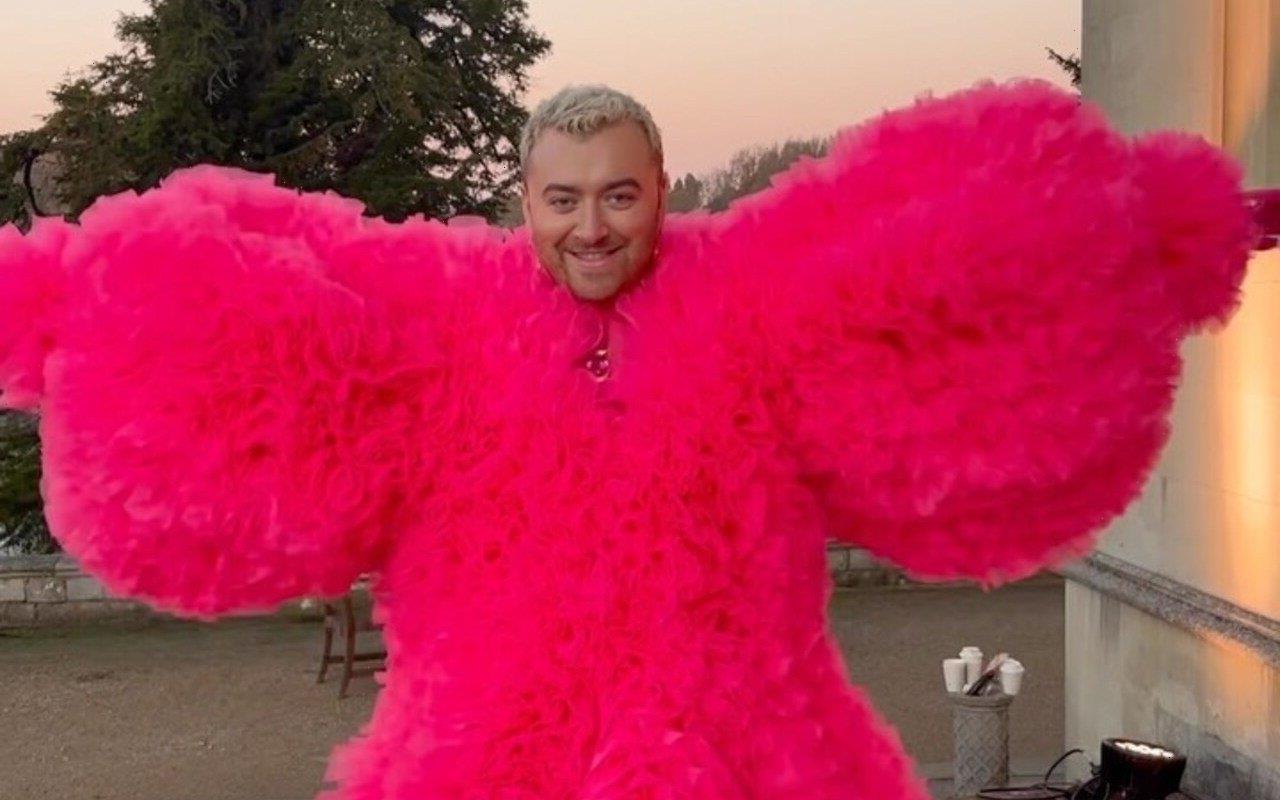MILLIONS of families receive child benefit to help pay for the cost of childcare.
The payments can be worth thousands of pounds a year so it's well worth seeing if you're eligible.
But there are some scenarios you should be aware of where the benefit might be stopped.
Anna Stevenson, senior benefits specialist at charity Turn2Us, has shed light on four of them.
Your child has turned 16 and not continued in education
You can keep receiving child benefit payments until the August 31 after your child turns 16.
After this point the payments will be stopped, unless they continue in full-time education.
Read more in Money
5 energy suppliers giving out free credit to millions of customers worth £250
Full list of 11 Wetherspoons pubs closing for good with 35 still for sale
When your child turns 16, HMRC will send you a letter asking whether your child is leaving education or training.
Depending your response, payments will stop or continue.
Approved education classes as anything that is full-time, which means the child is in supervised study or course-related work experience for more than an average of 12 hours a week.
This might include A-Levels, T-Levels, Scottish Highers or NVQs.
Most read in Money
Major high street shop closing UK stores for good – is your branch affected?
Major glitch at big retailer sees customers get HUGE discounts at stores
Every Nectar customer can get up to £25 free from Sainsbury's next weekend
TikTok's Poku Banks reveals eight money hacks you should know and 1p challenge
Approved training classes as anything unpaid and can include foundation apprenticeships or an employability fund programme.
Payments for any parents in this situation will stop at the end of February, May 31, August 31 or November 30, depending on when the child reaches 16.
If your child has turned 16 and is in education but you've not told HMRC
You can still receive child benefit for any child up to 20 if they stay in approved education or training.
But if you don't tell the Child Benefit Office, part of HMRC, that this is the case, you could see payments stopped.
It's up to you to respond to the letter HMRC send you in your child's last year at school asking you to confirm their plans.
If someone else has started claiming for the same child
If your child goes to live with someone else, like a friend or relative, you'll see child benefit payments stopped.
This is because technically they are not your responsibility any more.
But you can get the benefit for eight weeks after your child goes to live with someone else if the child's new carer doesn't make a claim.
Payments can also continue beyond this eight week period if you keep making contributions to your child's upkeep too.
Upkeep might class as paying for clothes, presents, food and pocket money.
Either way, you should tell the Child Benefit Office if your child goes to live with someone else.
If your child decides to take on an apprenticeship after 16
In England, Scotland and Northern Ireland you won't get child benefit for a child over 16 who is doing an apprenticeship.
This rule doesn't apply in Wales though. You can get child benefit for a child over 16 who is doing a trainee or foundation apprenticeship there.
That same child won't be able to claim benefits themselves though.
What is child benefit and who is eligible?
Child benefit is paid to parents to help with the costs of childcare.
Payments are usually made to you from the government every four weeks.
By claiming child benefit you also get National Insurance credits that count towards your state pension.
There are two different rates for child benefit.
Parents can claim £21.80 per week for their first child – £87.20 a month.
For any additional children they can claim an extra £14.45 a week – £57.80 a month.
You normally qualify for child benefit if you live in the UK and are responsible for a child under 16.
But you can also claim the support for a child under 20 if they are in approved education or training.
When two or more people share the responsibility of caring for a child, it can only be claimed by one person.
You'll be responsible for a child if you live with them or you are paying at least the same amount as child benefit towards looking after them.
This might mean you are paying the equivalent amount of child benefit on food, clothes or pocket money.
You should bear in mind, eligibility changes if a child goes into hospital or care and if your child starts to live with someone else.
Usually, you get child benefit for eight weeks after your child goes to live with a friend or relative – as long as they don't make a claim.
But it can continue for longer if you make contributions to your child's upkeep.
Foster parents can also claim child benefit, as long as the council is not paying anything towards their accommodation or maintenance.
Legal guardians or parents adopting a child can also apply for the benefit, but the child has to be living with them.
You will only be able to claim for a short period of time if you leave the UK, for example if you go on holiday or for medical treatment.
For anyone not sure about eligibility, you can contact the Child Benefit Office.
What is the high income child benefit charge?
If either parent or carer starts earning over £50,000, they have to start paying the high income child benefit charge.
This means you have to pay back 1% of your child benefit for every £100 of income earned over the £50,000 threshold.
Once you reach £60,000 of yearly income you have to repay the full amount of child benefit received.
Read More on The Sun
I’m 27 with 3 kids & had my first at 16…many are stunned at why I had kids young
Simple quiz reveals what your mental health is like – take the test
Parents have been caught out by the complicated rules and extra charge and landed with bills for thousands of pounds.
It's up to parents to notify HMRC if they are liable for the charge and they must file a self-assessment tax return to pay it.
Do you have a money problem that needs sorting? Get in touch by emailing [email protected]
Source: Read Full Article











